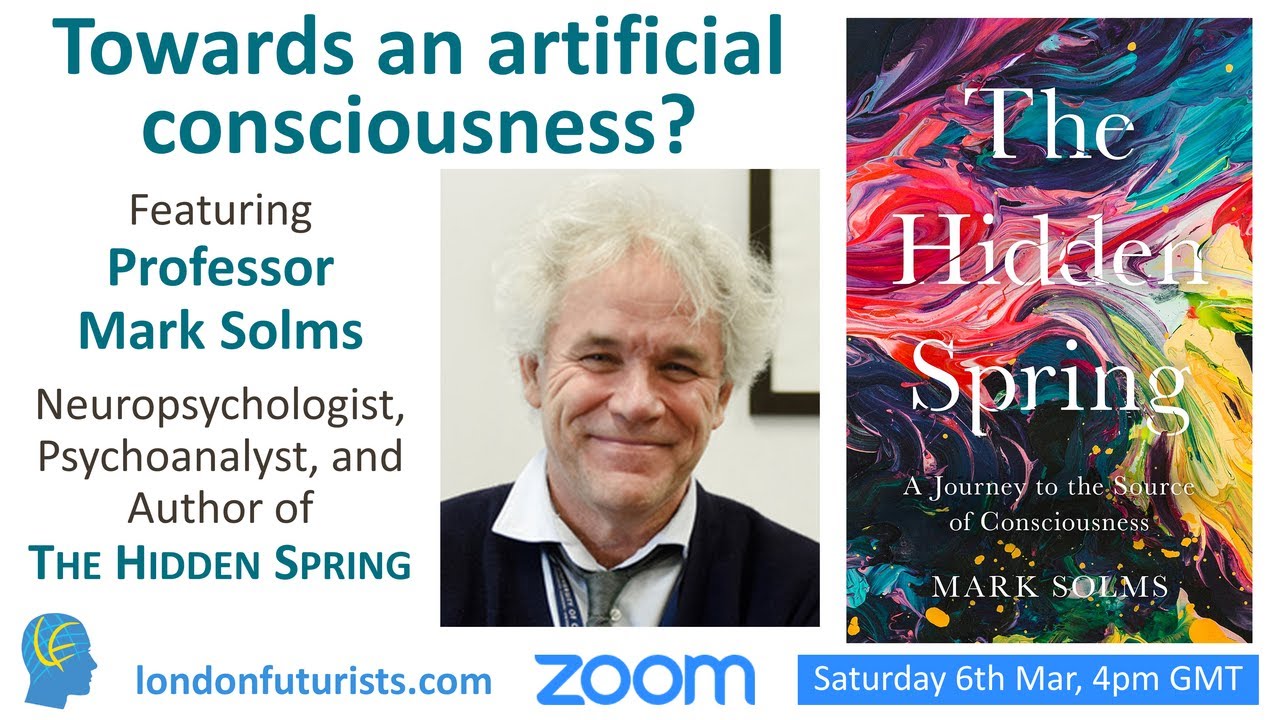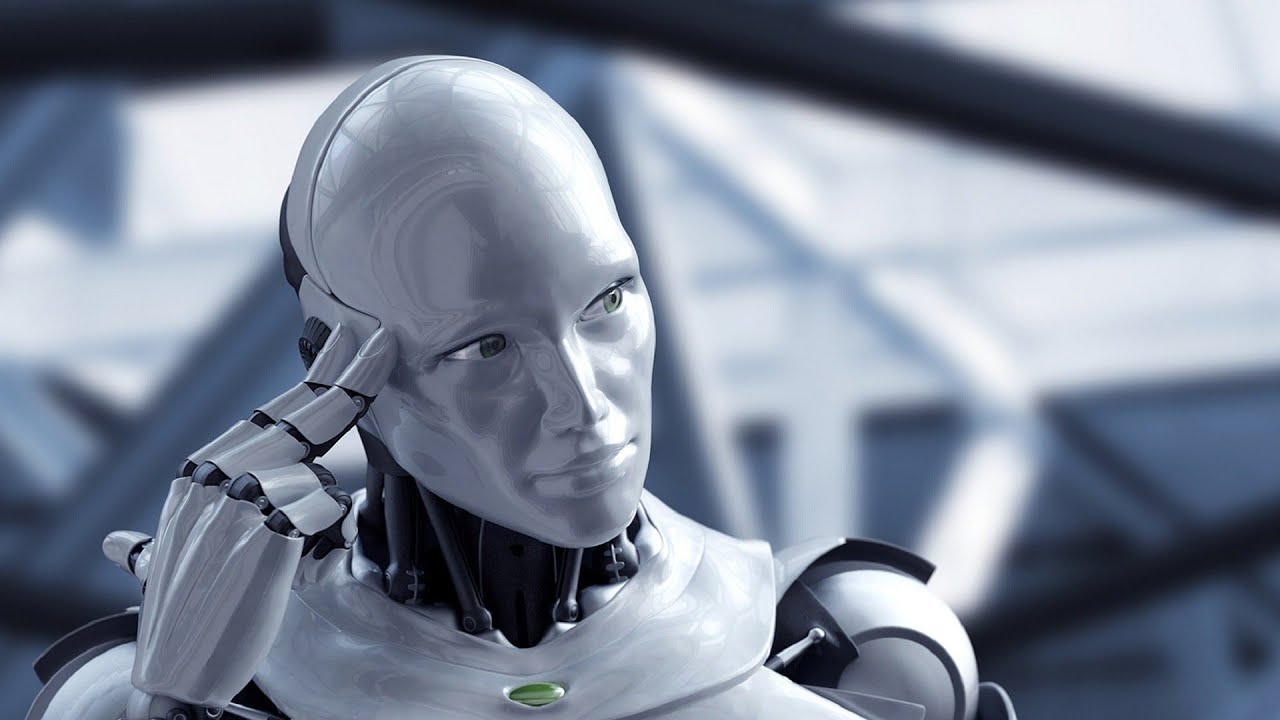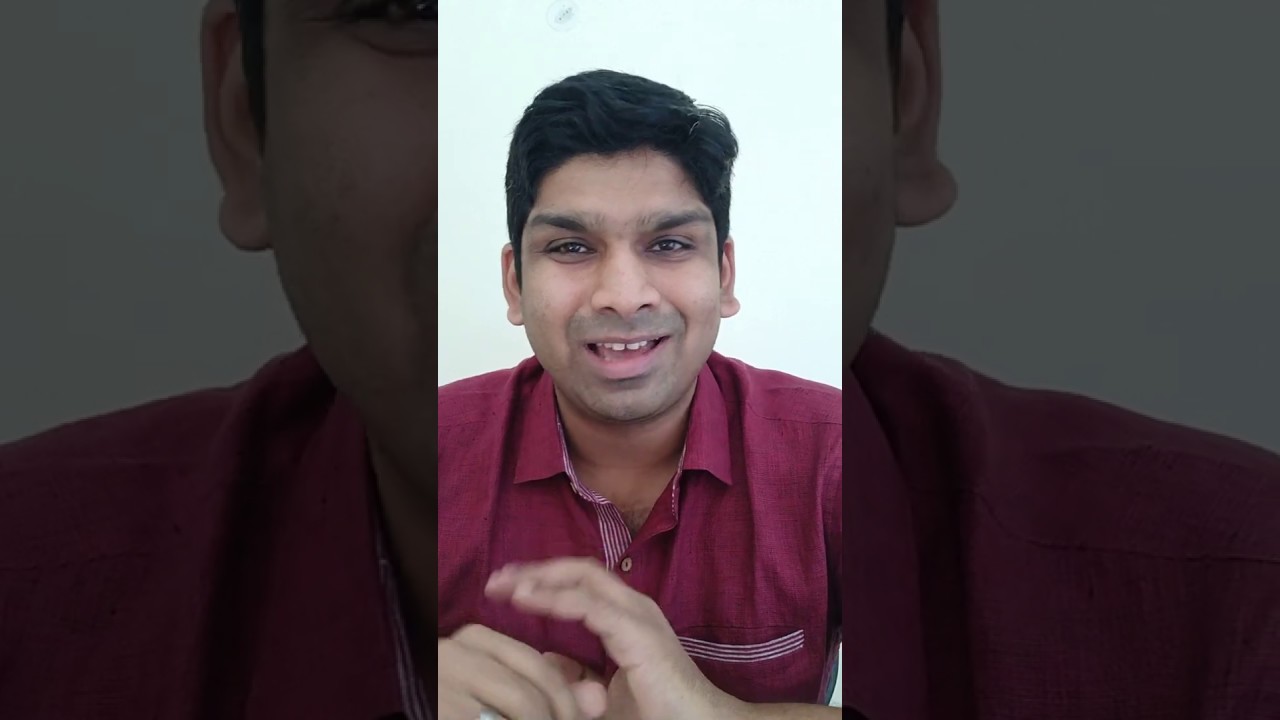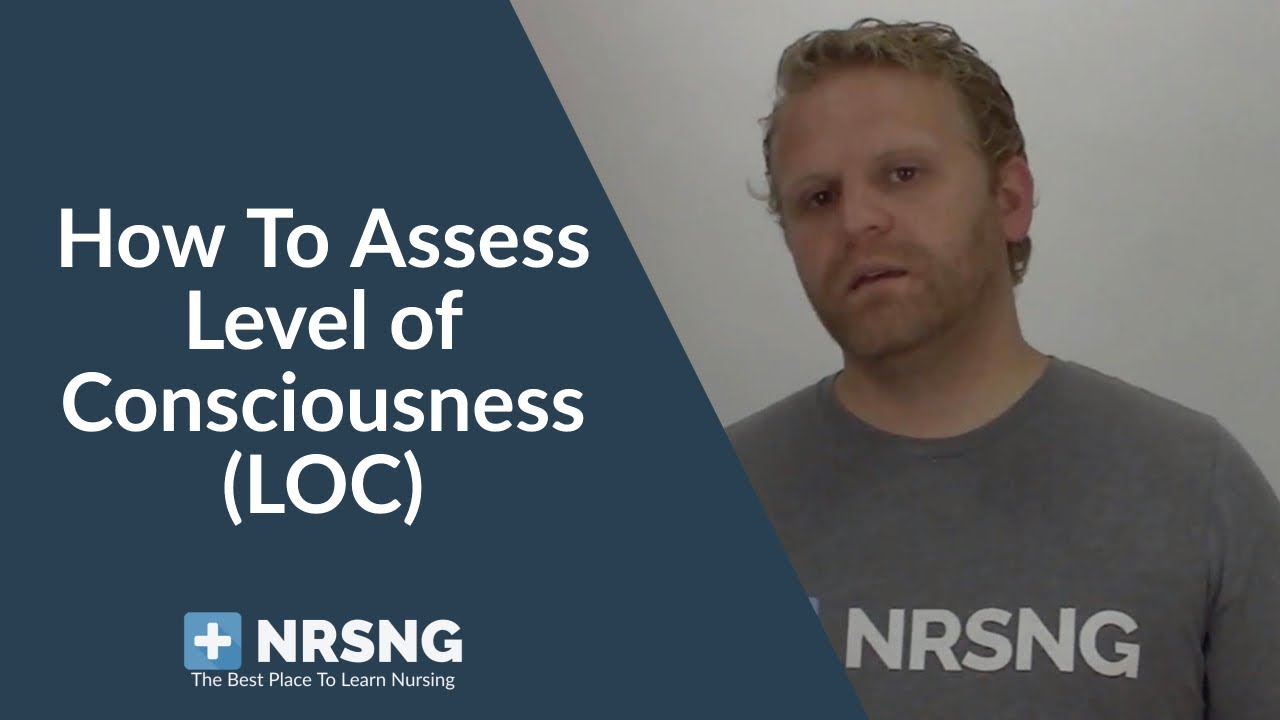London Futurists
From where does consciousness arise? In the frontal lobe of the cerebral cortex? From somewhere else inside the nervous system? What is the connection between intelligence and consciousness? And could we create consciousness in new substrates, as an “artificial consciousness”?
Professor Mark Solms has spent his entire career investigating the mysteries of consciousness. Best known for identifying the brain mechanisms of dreaming and for bringing psychoanalytic insights into modern neuroscience, he is director of neuropsychology in the Neuroscience Institute of the University of Cape Town, honorary lecturer in neurosurgery at the Royal London Hospital School of Medicine, and an honorary fellow of the American College of Psychiatrists.
His recent book, “The Hidden Spring: A Journey to the Source of Consciousness”, has been widely acclaimed. See https://profilebooks.com/work/the-hidden-spring/
In this London Futurists webinar, Professor Solms shared some of his remarkable research findings and answered audience questions.
The event took place on Sat 6th March, from 4pm UK time. It was introduced by David Wood, Chair of London Futurists.
For more details about the speaker, see https://en.wikipedia.org/wiki/Mark_Solms
For more details about the event and London Futurists, see https://www.meetup.com/London-Futurists/events/276116406/
Source




"From where does consciousness arise? In the frontal lobe of the cerebral cortex?" It arises from the brainstem, and its our primal emotions. Check out Mark Solms.
You can have no brain at all, as long as you have the brainstem you have emotional reactions. But even minor damage to the brainstem, and its lights out.
How does the brain overcome the deterministic nature of physics in this universe? Is that what consciousness actually is? The bridge from the zombie organism without free will to a mind with the power of free will? And how is that accomplished? It's easy to slip down the lane of quantum mechanics here… (which is not deterministic to a degree).
sorry, premature question
Is consciousness dependent on physicality?
Talking is easy, you can dream as you like, but we say "between to say a thing and to do it there is the sea. Nobody will create a consciousness using artificial silicon components, Consciousness is not just about synapsis .
It's becoming clearer that with all the brain and consciousness theories out there, the proof will be in the pudding. By this I mean, can any particular theory be used to create a human adult level conscious machine. My bet is on the late Gerald Edelman's Extended Theory of Neuronal Group Selection. The lead group in robotics based on this theory is the Neurorobotics Lab at UC at Irvine. Dr. Edelman distinguished between primary consciousness, which came first in evolution, and that humans share with other conscious animals, and higher order consciousness, which came to only humans with the acquisition of language. A machine with primary consciousness will probably have to come first.
the singularity just got closer
referring to the time point roughly at 75:01 – the question lumps the AGI lab work with the question about a laptop having feelings which I think are not strongly related. In the end, you refer to both of these things as toys. My question is to drill down a bit in that these two are wildly unrelated and the Uplift project is also specifically around designing systems that experience subjective emotional experience. specific to that project is the existing body of research around the Uplift project insufficient to demonstrate at least the possibility of 'feelings' of the system and if so what is missing?
We don't even know what creates real consciousness, or how real consciousness is coupled to the physical brain, let alone hypothesize about how to create artificial consciousness.